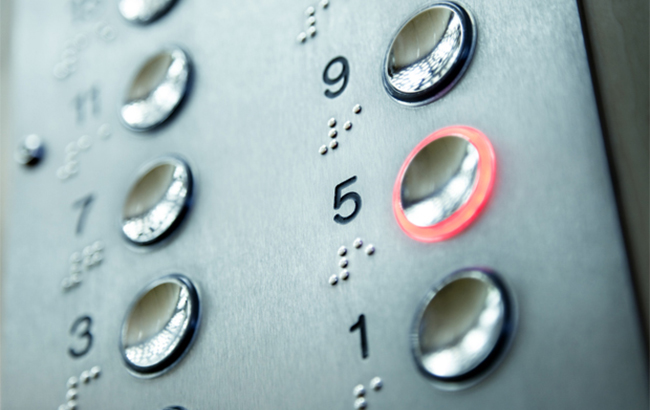
Erection Or Elevator
1. Pre-Installation Preparation
- Design Review:
- Confirm the elevator type (passenger, freight, service, etc.) and specifications.
- Review architectural drawings and dimensions of the elevator shaft.
- Check load capacity, speed, and number of floors to be served.
- Site Preparation:
- Ensure the shaft is clean and accessible.
- Verify alignment and dimensions of the shaft as per design requirements.
- Ensure the pit is constructed with appropriate waterproofing and load-bearing capacity.
- Materials & Equipment Check:
- Inspect elevator components (guide rails, machine motor, cabin, counterweight, etc.).
- Verify the availability of installation tools (cranes, alignment tools, welding equipment).
2. Step-by-Step Erection Process
A. Pit Installation
- Buffers Installation:
- Fix buffers (spring or oil type) at the bottom of the pit to absorb shock in case of cabin overtravel.
- Base Plating:
- Install base plates and ensure they are level.
B. Guide Rail Installation
- Install guide rails for both the cabin and the counterweight.
- Use laser alignment tools to ensure vertical accuracy.
- Secure rails to the shaft walls with rail brackets at specified intervals.
C. Machine Room Setup
- Mount the hoisting machine (motor, sheave, and brake) on the machine beam in the machine room.
- Ensure proper alignment and secure bolting of the machine.
D. Suspension System Installation
- Install the wire ropes or belts over the sheave and connect them to the cabin and counterweight.
- Balance the counterweight according to the cabin weight specifications.
E. Elevator Cabin Installation
- Assemble the elevator cabin on-site if not pre-fabricated.
- Use a temporary lifting mechanism to position the cabin within the shaft.
- Secure the cabin to the guide rails using guide shoes or rollers.
F. Counterweight Installation
- Assemble and install the counterweight frame.
- Insert counterweight blocks into the frame and connect it to the suspension system.
G. Door Installation
- Fix landing doors at each floor.
- Install the cabin door and ensure its alignment with landing doors.
- Test the door locking system for safety and operation.
H. Electrical Installation
- Install the control panel in the machine room.
- Connect wiring between the cabin, control panel, and landing stations.
- Integrate safety circuits, overload sensors, and emergency systems.
I. Testing & Adjustment
- Conduct no-load and load testing of the elevator to verify smooth operation.
- Adjust braking systems, speed regulators, and leveling mechanisms.
- Test safety devices, such as overspeed governors and emergency stop systems.
J. Finishing Work
- Install ceiling, lights, and flooring inside the cabin.
- Ensure all exposed parts are covered for aesthetic and safety reasons.
- Clean up the site and finalize documentation.
3. Post-Installation Checks
- Perform inspection as per local regulatory requirements.
- Obtain certification from relevant authorities.
- Train building staff on elevator operation and emergency protocols.
4. Maintenance Schedule
- Regular lubrication of moving parts.
- Routine safety device checks.
- Annual inspection and certification.
This process ensures the elevator is safe, efficient, and compliant with applicable standards like EN 81, ASME A17.1, or equivalent local codes.
Open 24/7 support for help
Call For Support . We are Ready To Help You.




News
Our Latest Blog & News
Donec luctus est turpis, viverra vestibulum augue volutpat inuis euismod eu
justo sit amet tincidunt. Suspendisse euismod ex iaculis.
- January 21, 2021
Elevator Gearless Machine
An elevator gearless machine is a type of elevator motor that operates without t
- January 21, 2021
Elevator Auto Rescue Device
An elevator auto rescue device is a safety feature installed in elevators to pro
- January 21, 2021
High Speed Elevator Technology
Elevator high speed technology High speed elevators are designed to move people


